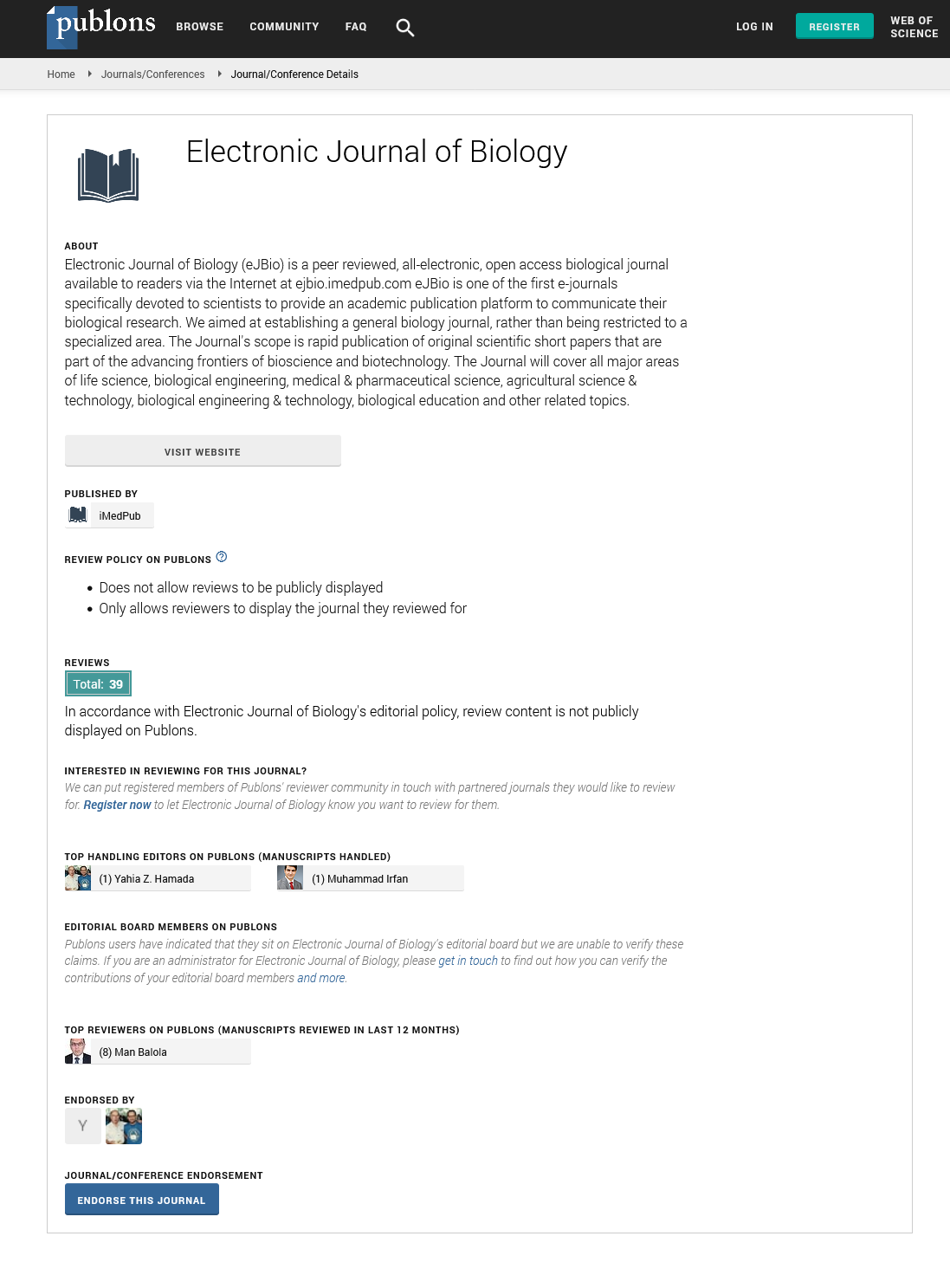Abstract
In Vitro Regenerated Plants Response to Seismomorphogenic Stimuli
Plant species as sessile organisms must cope with diverse external mechanical stimuli throughout their life cycle which may profoundly influence different facets of their growth and development. These mechanical stimuli, however, may further benefit these plants to orient themselves with other types of biotic and abiotic stresses, and this is commonly termed cross-adaptation. Acclimation is a final step of plant micro-propagation procedure. The application of mechanical stress is a common practice for vegetable crop seedlings before being transplanted into the field. This technique can be potentially applied as a pre-acclimation or acclimation treatment while plantlets undergo the last phase of micro-propagation process. Plantlets subjected to a seismic stress are more likely to cope better with conditions of the external environment. The possible mechanism whereby plants acquire this short and long term adaptation can contribute to the cross-talk of several complicated components such as ROS burst, calcium binding proteins (calmodulin), hormones, MAPK, HSPs, proline and RSRE. Premeditated seismic stress just before transplanting of the in vitro regenerated plants may unravel new facet(s) of in vitro acclimatization, but its applicability in different plant species and the possible mechanism behind this adaptation deserve to be investigated more extensively in the future.
Author(s):
Mostafa K Sarmast
Abstract | Full-Text | PDF
Share this

Google scholar citation report
Citations : 5001
Electronic Journal of Biology received 5001 citations as per google scholar report
Electronic Journal of Biology peer review process verified at publons
Abstracted/Indexed in
- Google Scholar
- China National Knowledge Infrastructure (CNKI)
- CiteFactor
- Electronic Journals Library
- Zoological Records
- WorldCat
- Proquest Summons
- Publons
- MIAR
- Openaccessarticles.com
- Secret Search Engine Labs
Open Access Journals
- Aquaculture & Veterinary Science
- Chemistry & Chemical Sciences
- Clinical Sciences
- Engineering
- General Science
- Genetics & Molecular Biology
- Health Care & Nursing
- Immunology & Microbiology
- Materials Science
- Mathematics & Physics
- Medical Sciences
- Neurology & Psychiatry
- Oncology & Cancer Science
- Pharmaceutical Sciences


